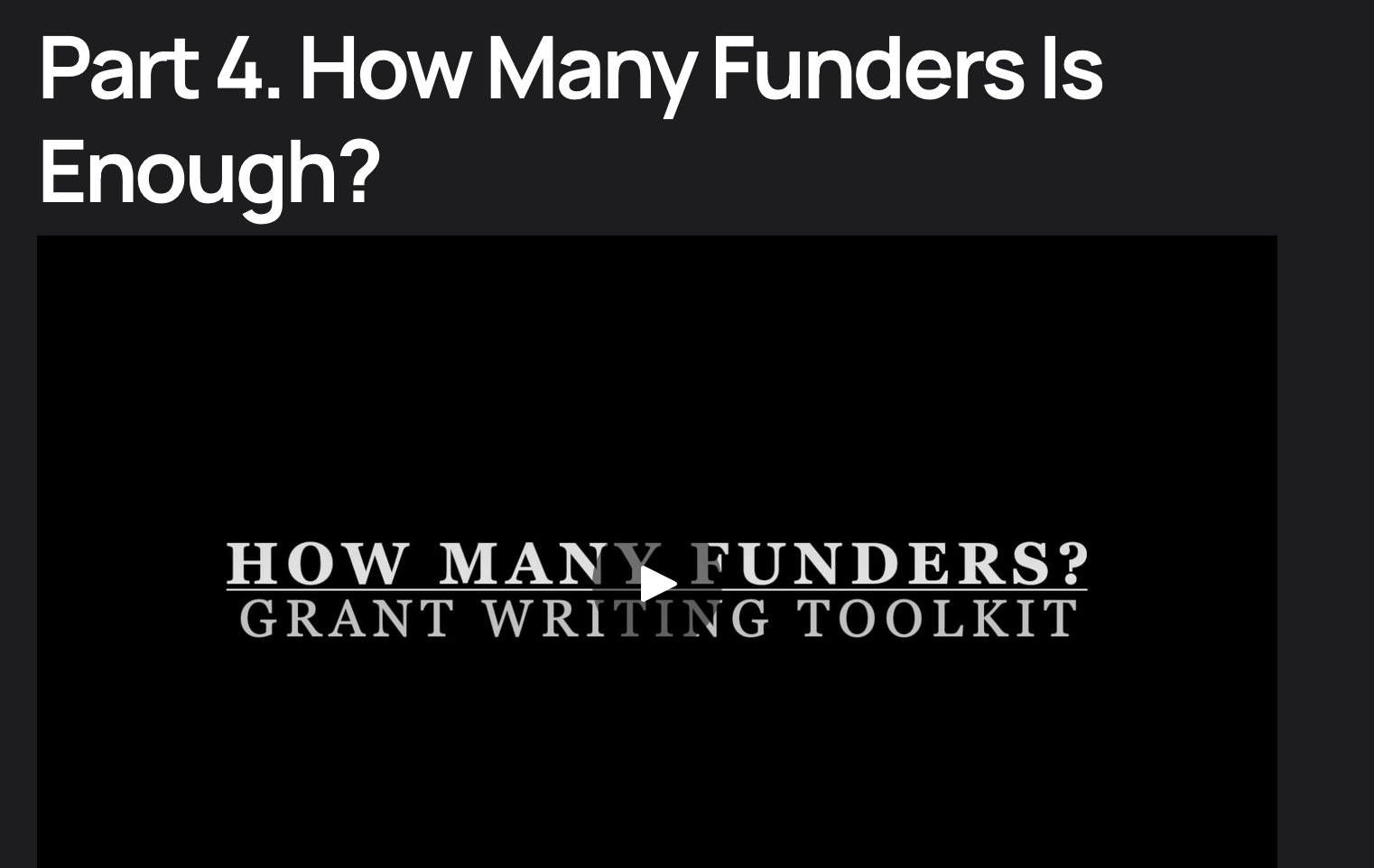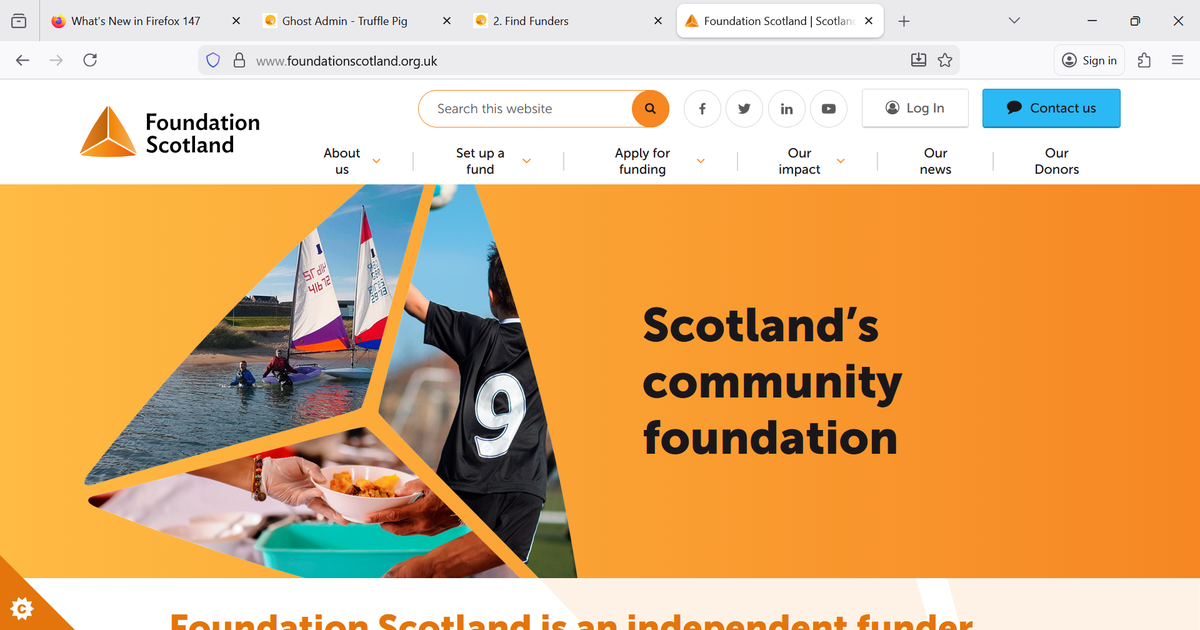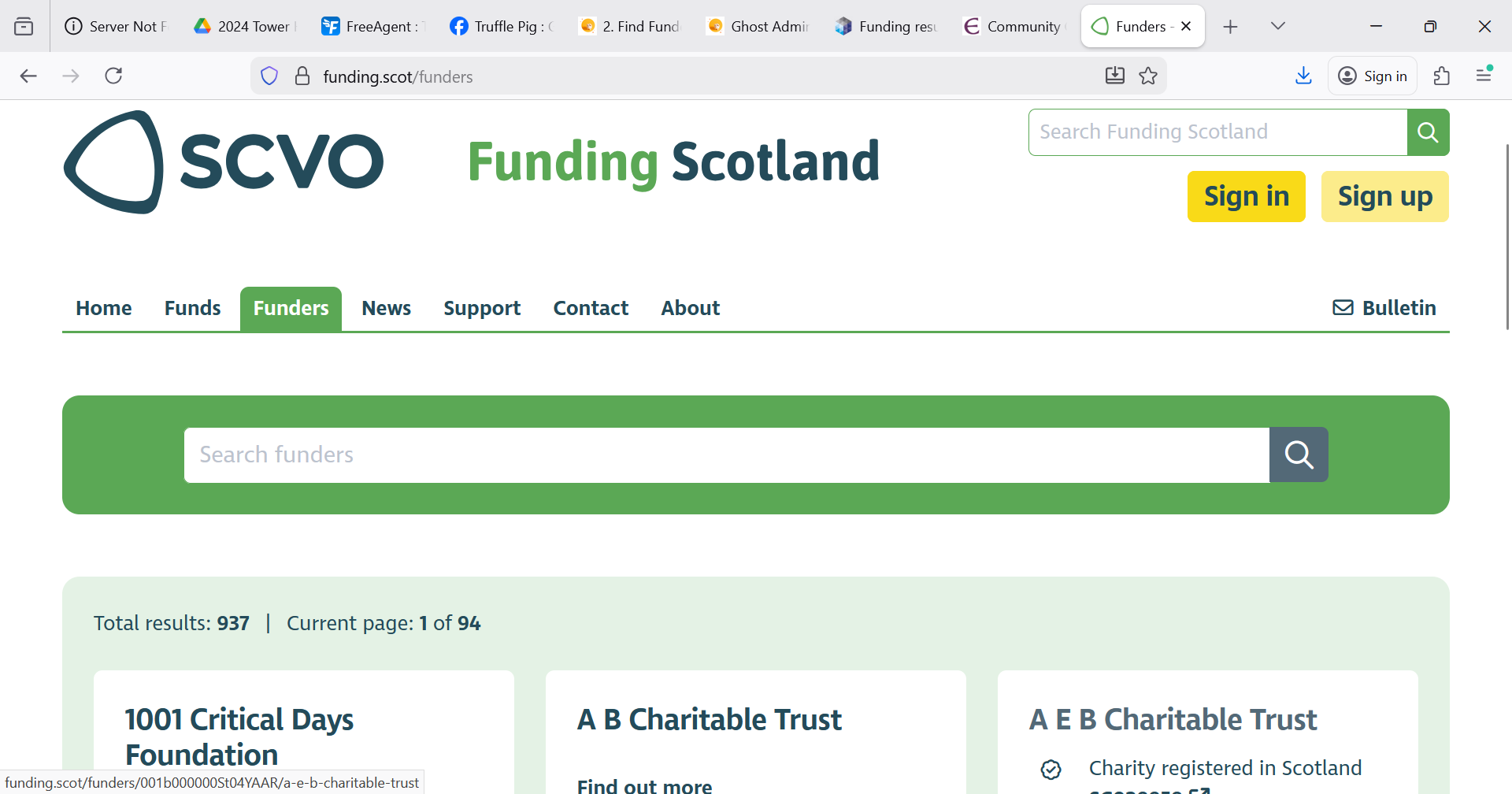I got asked at a fundraising workshop I was running for members of Articulation Arts this week "do you need to change your structure to be able to answer new questions that appearing on application forms about Fair Work principles, environmental policies and EDI (Equality, Diversity and Inclusion)?"
I'm going to talk about Fair Work in this newsletter.
Short answer = no.
Longer answer = you don't need a new structure. You can adhere to the principles without being a charity or a CIC. But you probably need to write down a few paragraphs about the things that you already do in order to not-be-a-dick. More funders are asking about these topics because more (big) organisations are being dicks. This is intended to stop funders giving money to organisations that issue zero hours contracts, or don't allow union membership, or fire people on the spot. So we have to invest a bit of time into writing up the ways that we are not dicks and don't do these things. Once you've written it up you should be able to reuse the text in multiple bids.
My main piece of advice is that for all the Fair Work topics (and environmental questions and EDI questions) funders are looking for actions that you are taking at a scale that is relevant to what you are doing. I have given some suggestions below for each Fair Work topic as to what a relevant level of action is likely to be if you are running a small project or organisation, based on the massive big picture Fair Work Convention document. If you are a big organisation by all means look at the principles in more detail and make a working group about it, write a multi-page policy. But for the smaller clients I work with I would be looking at the following.
Fair Work = not being a dick to the people you work with.
The five areas of not-being-a-dick are Effective Voice, Opportunity, Fulfilment, Security and Respect. Love a vague meaningless headline term. What does they mean?
Effective Voice for small orgs might mean having team meetings where everyone is invited to give their opinions (say what they feel), taking and sharing minutes of key decisions (transparency), encouraging people to be in unions.
Opportunity for small orgs running short-term projects might mean advertising paid roles rather than picking people you know - it's OK to include the time spent recruiting in your budget.
Fulfilment for small orgs might mean hiring people for a good match between their skills and what you want them to do so that they have a good time doing the work. It might mean giving them creative input and decision making powers.
Security for small orgs might mean paying the Real Living Wage, having flexible working hours for folk with caring/parenting responsibilities, having notice periods in work contracts.
Answer a Fair Work question by writing out these things, or things like them, that you already do. If you have time you can reflect on whether there are new things you could start doing. It's OK to answer saying "these are things we do" and "these are things we plan on doing". It's also OK to say "this budget includes XXX days of time to do our research and create a Fair Work Action Plan to identify new things we could do and XXX days to implement the findings of the research".
The full document is here: https://www.fairworkconvention.scot/wp-content/uploads/2018/12/Fair-Work-Convention-Framework-PDF-Summary-Version.pdf but honestly most of it is aimed at larger companies with the resources to do big actions over long periods of time.
If you would like an example Fair Work question added to the Templates in The Resource Library let me know. The Library is open to all paying subscribers and you can get instant access plus the ability to ask for new resources here.
New successful bids in The Resource Library
On request from subscribers I have added two new successful bids to the Bid Library:
Garfield Weston, core costs, UK-wide CICs and charities - the successful bid uses their guidance headings combined with pictures to create an engaging 10 page proposal.
Robertson Trust, project costs, Scottish charities - the successful bid is for their Work Pathways fund but the structure of the evidence of need, outcomes and consultation is relevant for any of their funds.
Get access these alongside other successful bids for Awards For All, Children In Need, Hugh Fraser Foundation and others with a Truffle Pig subscription from £10 per month.
What I'm Working On This Week - Fund Recommendations
Gordon Fraser Charitable Trust. UK charities, Scotland preferred, working with the arts esp with young people and those with additional needs. I love their form - two questions, decent word counts. Usually give £1-2k but some grants at £4-5k. Recent grants listed in their accounts. Meetings four times a year so pop a bid in when suits! https://www.gfct.org.uk/
Peoples Postcode Trust, UK-wide, will fund CICs and community groups with turnover under £250k, different funds for different areas. The Scotland one opens on 24 March for a week. Core funder so great for covering admin, office and salary costs. The form is short and sweet. https://www.postcodetrust.org.uk/
As always please forward on to anyone that could use this, let me know your funding questions and good luck with your bids!
Happy Truffling
Phyllis
Chief Pig, Truffle Pig Grant Writing Advice, Training and Consultancy






